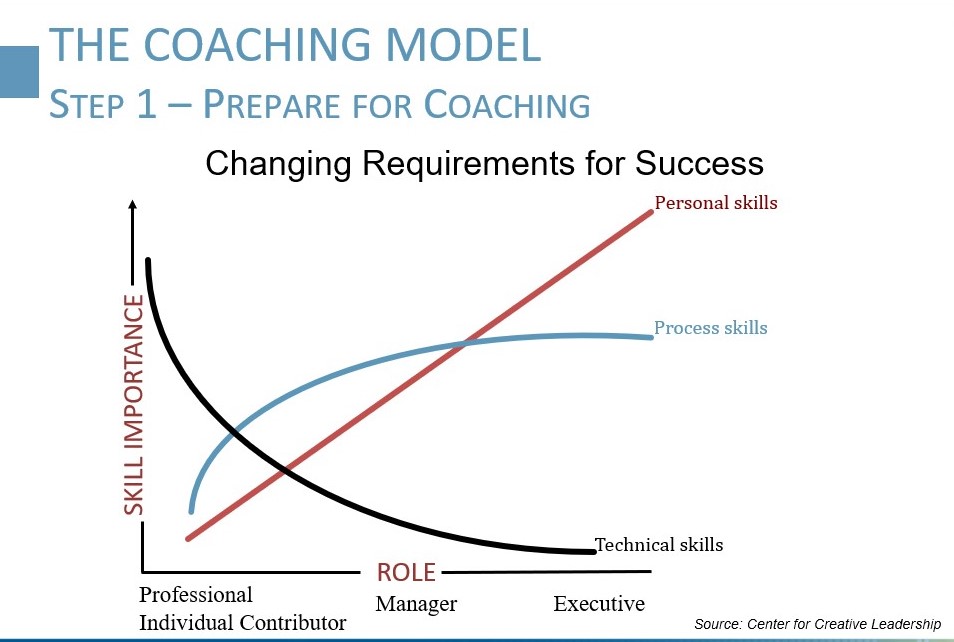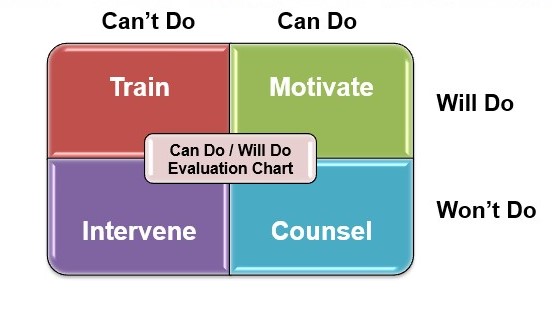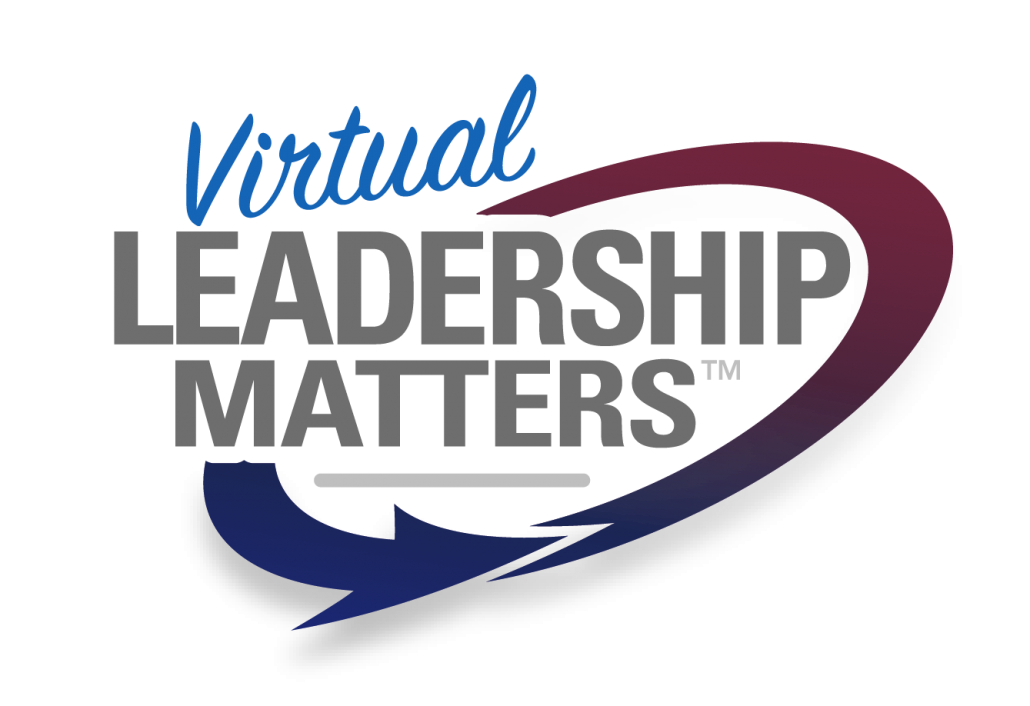Delegate… or Drown
There was much I could identify with in the 2017 Harvard Business Review article by Jesse Sostrin called, ‘To Be a Great Leader, You Have to Learn How to Delegate Well’. After 30 years in organizational leadership and executive coaching/mentoring roles, I can vouch that delegation has been the most second-guessed management activity. That was then, this is now! We are six months into a global pandemic that promptly moved 40% of the workforce into remote mode using virtual technologies to stay connected. (Stats Can) They expect that likely 25% of the workforce will remain working remote into the future. How does this impact long proven tips, like Sostrin’s, on effective delegation?
Sostrin wrote that one of the most difficult transitions for leaders to make is the shift from ‘doing’ to ‘leading’. As a rookie manager you may get away with holding on to work and peers and bosses may even admire your willingness to keep “rolling up your sleeves” to make things happen. This is where the drowning begins which may be invisible in the remote working environment. With greater dependency on virtual connections to our valued team members, delegation becomes more complex. Not only must we master proven delegation process skills and our interpersonal and personal skills, we need to transition into a leadership style of trusting others ‘to do’ focusing less on activity monitoring and more on outcomes.
There was much I could identify with in the 2017 Harvard Business Review article by Jesse Sostrin called, ‘To Be a Great Leader, You Have to Learn How to Delegate Well’. After 30 years in organizational leadership and executive coaching/mentoring roles, I can vouch that delegation has been the most second-guessed management activity. That was then, this is now! We are six months into a global pandemic that promptly moved 40% of the workforce into remote mode using virtual technologies to stay connected. (Stats Can) They expect that likely 25% of the workforce will remain working remote into the future. How does this impact long proven tips, like Sostrin’s, on effective delegation?
Sostrin wrote that one of the most difficult transitions for leaders to make is the shift from ‘doing’ to ‘leading’. As a rookie manager you may get away with holding on to work and peers and bosses may even admire your willingness to keep “rolling up your sleeves” to make things happen. This is where the drowning begins which may be invisible in the remote working environment. With greater dependency on virtual connections to our valued team members, delegation becomes more complex. Not only must we master proven delegation process skills and our interpersonal and personal skills, we need to transition into a leadership style of trusting others ‘to do’ focusing less on activity monitoring and more on outcomes.
Delegation Requires Different Skill Sets

The learning curves integrating process and personal skills into your competency repertoire include…
Process skills such as performance management, culture building, leading communications and meetings (including interactive webinar sessions), change management, rewards management, feedback and yes, delegation.
Personal skills for executives or owners include strategic thinking, negotiation, and advanced communication skills such as active listening and speak charismatically and passionately about corporate mission, vision and corporate values.
Both of these vital skill sets will take a backseat to doing vast amounts of familiar technical work by yourself in the virtual climate unless delegation is working well.
Avoid the Trap of Just Telling People What To Do
Through connecting with dozens of organizations and our own coaching clients across North America since COVID-19 arrived, it has become clear that in the virtual environment, leaders must avoid what we call The Compliance Control Trap™. This style relies on positional power and hard tactics with an inclination to tell people what to do, then enforce compliance. This approach has a long history of delivering results where activity monitoring is feasible, but it will not maximize productivity in a virtual environment where people work independently, especially in-home working environments. Our experiences show that the contrasting Commitment Empowerment Model™, is more suited to the virtual environment. It relies on relational power and soft tactics that focus on outcomes i.e. ‘What to achieve’ vs ‘How to achieve’ foster great engagement and commitment to activities that produce clear outcomes.
What Great Managers Do
A few years ago, I was introduced to the ‘First, Break all the Rules’ by Gallup’s, Buckingham and Coffman. They conducted in-depth interviews with more than 80,000 managers at all levels (in companies of all sizes). Their work revealed what great managers do differently from ordinary managers to inspire world class performance in their teams. What follows is the synthesis of what great managers do to ‘break all the rules’ and leverage conventional wisdom in mature leadership practices, including delegation. This has been adapted to include our vast experience and learnings at Virtual Leadership Matters Inc.™ in leading successful virtual teams.
| First, in delegation you must select the right people that ‘can do’ and ‘will do’ the job. Fit is most vital in the virtual environment. They need to have skill, will and horsepower to get the job done. Horsepower refers to the potential to grow into a role. |

Then, you must navigate through the following Virtual Leadership Matters Inc.™ methodology that functions as an easy to use mental checklist to maximize the probability of successful delegation. This works well in person and with team members working remotely.
Set the Context
- Explain the reason for the assignment. When people understand the ‘why’ behind it, they can understand the work is meaningful. Meaningful work often rates as the primary reason why people feel engaged and perform accordingly. More importantly, research suggests that engaged employees contribute at least 50% more than those not engaged.
- Describe how it fits into the bigger picture. This also helps people understand how every step during the process can ultimately lead to important outcomes. Even correcting typos on a website or proposal can make an important contribution to an organizations image.
- Explain how the delegatee was chosen. They often want to know if tasks are given to help them develop or maybe contribute uniquely as part of the team which has varied competencies. When they don’t know why, human nature navigates us towards suspicions such as maybe they were selected to be picked on or the delegator was just having a bad day!
Provide Clarity in Outcomes
- Express the quantity of results required ($,%, widget #’s)
- Describe the results expected in terms of quality demanded
- Be very clear on timelines
- Ensure what resources are available and outline it in detail ($ budget, information, materials, people, other)
Outline the Conditions
- Process requirements – what systems, people, checkpoints need to be touched on during the completion of the assignment Ex. quality assurance, safety, end-user training, project costing …
- Available latitude in decision making and freedom of control must be agreed to in advance
- Monitoring and report back (check up) details are most effective when set up early. When this aspect is discussed it can eliminate the leader’s tendencies to either over meddle or ignore, both of which can harm trust. When this is done well it can ensure the right amount of oversight is applied so the delegator can pay attention to many projects at once leading to significantly leveraged productivity. In the virtual workplace, frequent check-ins are encouraged, perhaps daily, so people feel connected.
Cultivate Commitment and Climate
Finally, it is important to consider other factors that may impact the motivation and sense of empowerment of the delegatee. This could include a sensitivity to individual personal profiles, personal stress factors (isolations, distractions, ergonomics) communication style preferences, stages in career development, career objectives, organizational &/or team goals and so much more.
Valuable Insight…
Leaders must practice the art and science of delegation and make it a strong personal competency. As they assume expanded leadership roles, they will be compelled to delegate more often and strive to do it right the first time, therefore spending less time and money on needless fixes. The COVID-19 workplace is significantly more complicated because it includes the reality of interacting with remote teams using virtual technology. In the busy life of a leader, it is essential to… Delegate or Drown.
The Author
David Smith, BComm, CMC, ACC, RPM has over 30 years of experience as an organizational leader and a decade as certified executive coach, facilitator and management consultant. He has served as a corporate executive (CEO), business owner and entrepreneur in multiple start-ups in different industries including one of Canada’s ‘50 Best Managed Companies’ and is Co-Founder of Virtual Leadership Matters Inc.



